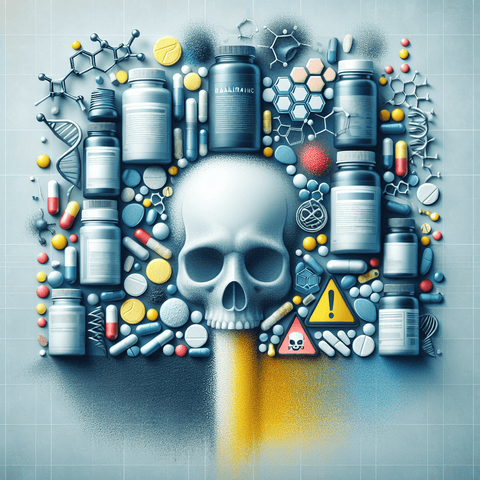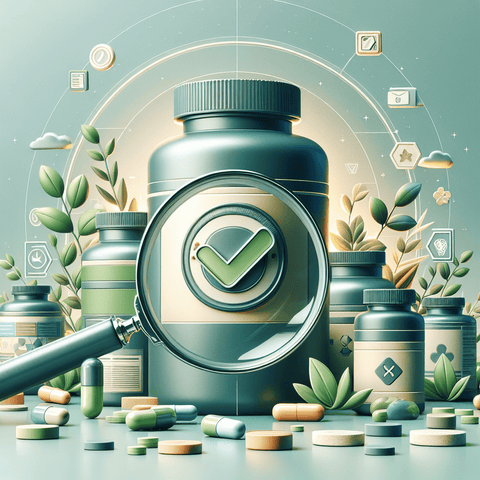Unsafe dietary supplements can carry hidden risks that aren’t obvious at first glance. The market includes products with contamination, mislabeling, or undisclosed ingredients, which can create uncertainty about what you’re taking. By understanding these risks, you can take practical steps to protect yourself and your household from unsafe dietary supplements and to approach purchases with more caution. Spotting red flags is a key part of staying safe. Be wary of claims that sound too good to be true, or marketing language that pushes you to buy quickly. Missing or vague labeling, no clear manufacturer or contact information, absent lot or batch numbers, and pressure to buy “now” are all warning signs. Also watch for products that rely on unverified third-party testing or endorsements from sources that aren’t traceable. Recognizing these indicators helps you avoid unsafe dietary supplements before they reach your hands. Reading labels carefully is another practical safeguard. Look for a complete ingredient list with amounts for each item, as well as serving size and any potential allergens. Ensure the manufacturer’s name and contact details are present, along with a batch code or manufacture date. Be cautious of proprietary blends that disclose ingredients but not their amounts, and beware of vague claims that lack verifiable evidence. When possible, check for independent testing seals from credible programs to verify product contents. Choosing safer options today involves due diligence and smart buying practices. Research brands, review recall histories, and use independent resources to verify information about safety and quality. Prefer products from reputable retailers and those that publish clear labels and test results. If you’re uncertain, consult a healthcare professional or a trusted advisor before making choices, and keep records of purchases and product information so you can verify details if questions arise.


